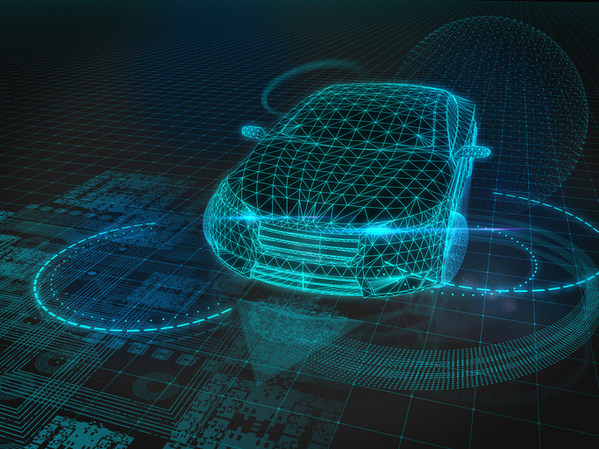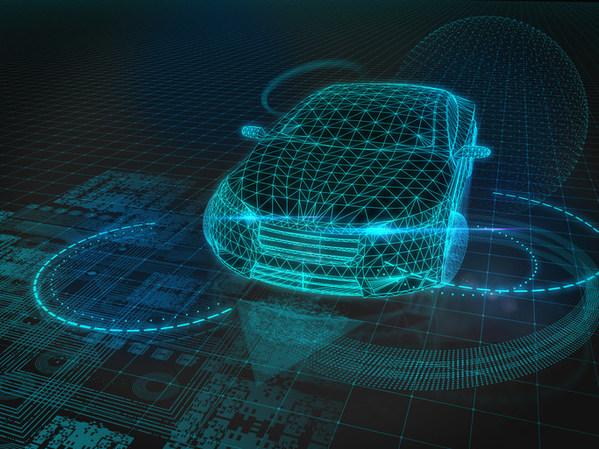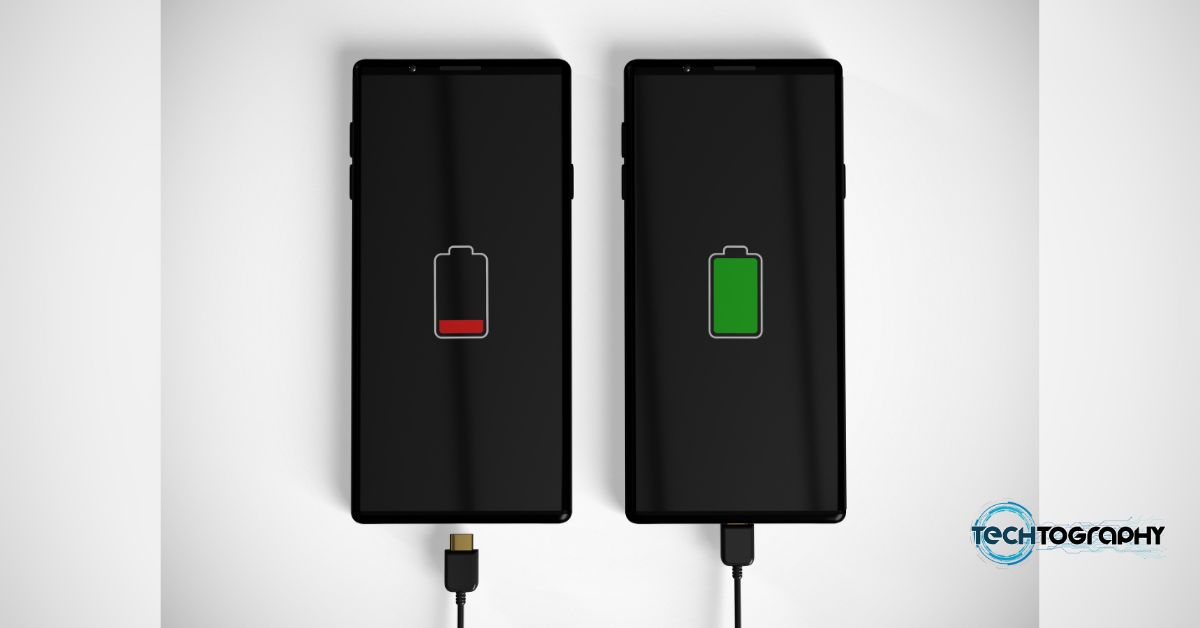Adoption of autonomous features will create new growth opportunities for start-ups, says Frost & Sullivan
SAN ANTONIO, Oct. 25, 2022 /PRNewswire/ — The transition from advanced driver assistance systems (ADAS) to autonomous driving (AD) has encouraged original equipment manufacturers (OEMs) to partner with start-ups to develop hardware and software capabilities. Frost & Sullivan’s recent analysis finds that the widespread adoption of Society of Automotive Engineers (SAE) Level 2 (L2) and above autonomous features pushes OEMs to collaborate with multiple technology participants and start-ups to enable autonomous vehicle evolutions. Level 2 autonomous vehicles provide partial automation that assists the drivers with acceleration, steering and braking and can take control of the vehicle under specific conditions. Additionally, the changing market dynamics in the automobile industry with connected, autonomous, shared, and electric (CASE) mobility will present enormous opportunities for OEMs and start-ups by encouraging new business models.
For further information on this analysis, Strategic Overview of Start-ups Disrupting the Global Autonomous Vehicle Market, please click here
"The automotive industry value chain is transitioning from the traditional pyramidal form to a flat structure," said Deexeta Mohan Kumar, Mobility Research Analyst at Frost & Sullivan. "Further, technology developers are working with OEMs and tiered suppliers to develop, validate, supply, and integrate AD features into vehicle platforms."
Mohan Kumar added: "Factors such as traffic congestion, emissions, and shifting customer preference toward convenience features in vehicles are disrupting the technological advancement of automotive systems. This trend is pushing technology participants and OEMs to deploy convenience features, such as adaptive cruise control, autonomous parking, and L2 and L2+ piloted driving in their vehicles as optional bundles."
To take advantage of this transition from ADAS to AD in the automotive space, start-ups and OEMs should focus on:
- Efficient and scalable software and hardware architecture that can accommodate additional functionalities through software updates at low or no extra costs.
- Underlying technology for high-precision sensing and cost competitiveness, which will be a differentiating factor for start-ups.
- Collaboration among start-ups from the hardware and software technology segments to develop value propositions that disrupt the evolving landscape.
Strategic Overview of Start-ups Disrupting the Global Autonomous Vehicle Market is the latest addition to Frost & Sullivan’s Mobility research and analyses available through the Frost & Sullivan Leadership Council, which helps organizations identify a continuous flow of growth opportunities to succeed in an unpredictable future.
For over six decades, Frost & Sullivan has helped build sustainable growth strategies for Fortune 1000 companies, governments, and investors. We apply actionable insights to navigate economic changes, identify disruptive technologies, and formulate new business models to create a stream of innovative growth opportunities that drive future success. Contact us: Start the discussion
Strategic Overview of Start-ups Disrupting the Global Autonomous Vehicle Market
PD72
Media Contact:
Sol Curet
Corporate Communications
E: sol.curet@frost.com
https://www.frost.com/




